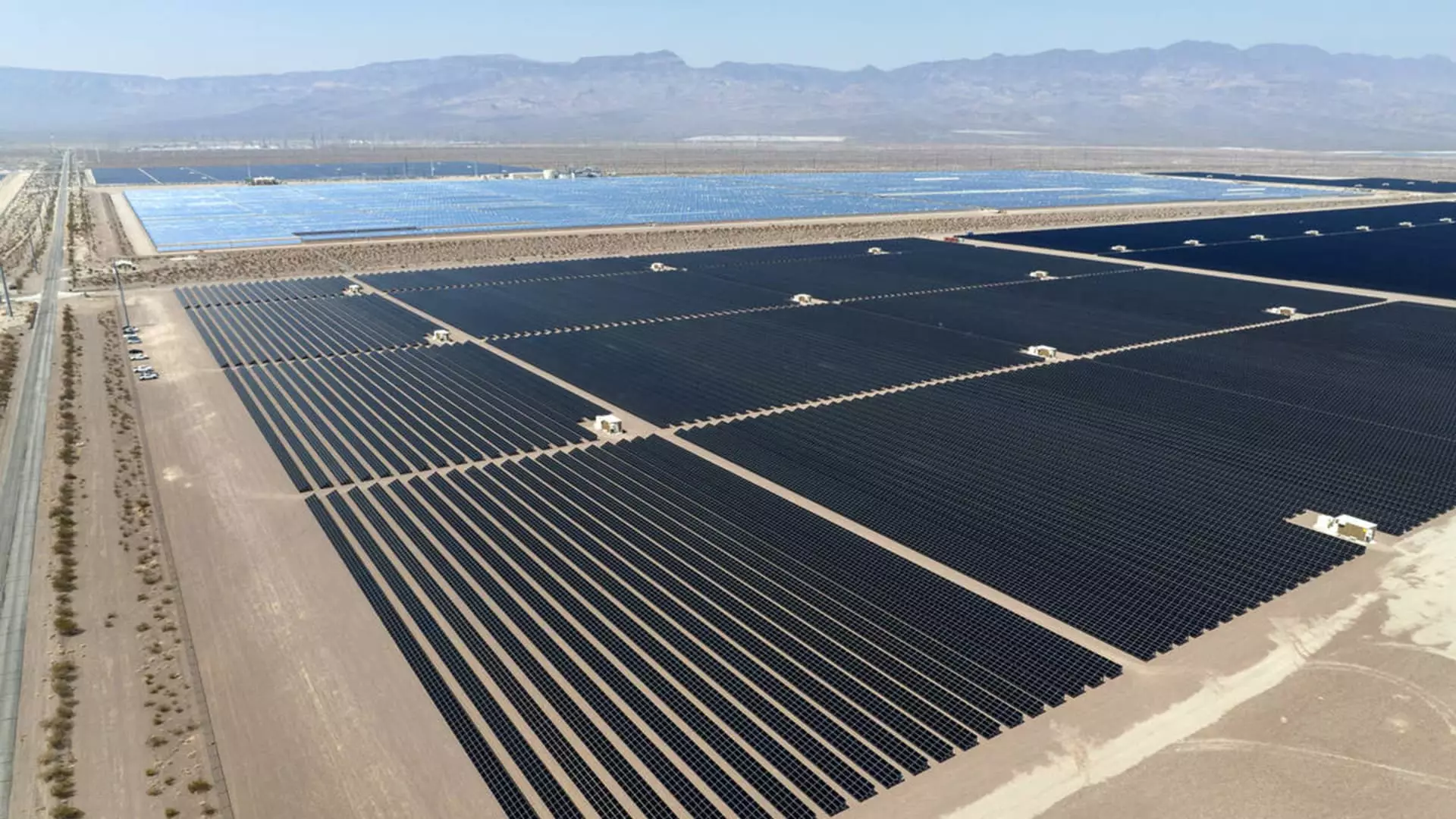The political landscape in the United States is notorious for its impact on various sectors of the economy, and the recent election of Donald Trump for a second term has sent shockwaves through the solar energy market. Following his projected victory, solar stocks witnessed a significant sell-off in premarket trading, sparked primarily by concerns over the future of the Inflation Reduction Act (IRA). This federal legislation, aimed at promoting clean energy through substantial tax incentives, has been pivotal in bolstering the solar industry. The apprehension surrounding Trump’s approach to the IRA sheds light on the uncertainty that companies operating in this renewable energy space face.
Investors reacted swiftly, with the Invesco Solar ETF plummeting more than 9% in premarket trading. This decline was echoed across the board, particularly for major players like First Solar, which experienced a staggering 12% drop. Other notable declines included significant hits to residential solar companies—Sunrun and Sunnova—with respective declines of 15% and 20%. Inverter manufacturer Enphase also saw a notable reduction of 11%, while Nextracker fell nearly 12%. These figures illustrate the market’s heightened sensitivity to political shifts, particularly when they threaten the very foundations of the policies promoting the sector’s growth.
The Threat to the Inflation Reduction Act
Central to the market’s fears is Trump’s campaign rhetoric, where he has labeled the IRA as the “Socialist Green New Deal.” Such characterizations signal his intention to dismantle the initiatives that have propelled clean energy advancements in the United States. Importantly, the IRA was passed without any Republican backing, and it is viewed by many in the industry as a cornerstone of President Joe Biden’s environmental agenda. The potential termination of this act poses a significant threat to the financial stability and future growth of the solar sector.
Though Trump’s victory is influential, the fate of the IRA also hinges on the Republican party’s ability to secure control of Congress. A complete political shift could result in the repeal of policies that have become crucial to the sustainability of the solar market. Strategists, like Jen O’Malley Dillon, have recognized that the next presidential campaign will likely pivot on key states—dubbed the “Blue Wall”—such as Pennsylvania, Michigan, and Wisconsin. Trump’s unexpected success in Wisconsin, a historically Democratic state, underlines the shifting dynamics of American politics and the corresponding implications for market sectors reliant on government support.
The recent volatility in solar stocks reflects a broader concern regarding the future of clean energy policies in the United States. As investors brace for potential changes driven by the incoming administration, the solar industry must prepare for an era of uncertainty. With the fate of the IRA hanging in the balance, stakeholders in the solar market will need to adopt flexible strategies to navigate this challenging political climate. The outcome of future Congressional elections, alongside Trump’s policy decisions, will be critical in shaping the landscape for renewable energy in the years to come.

